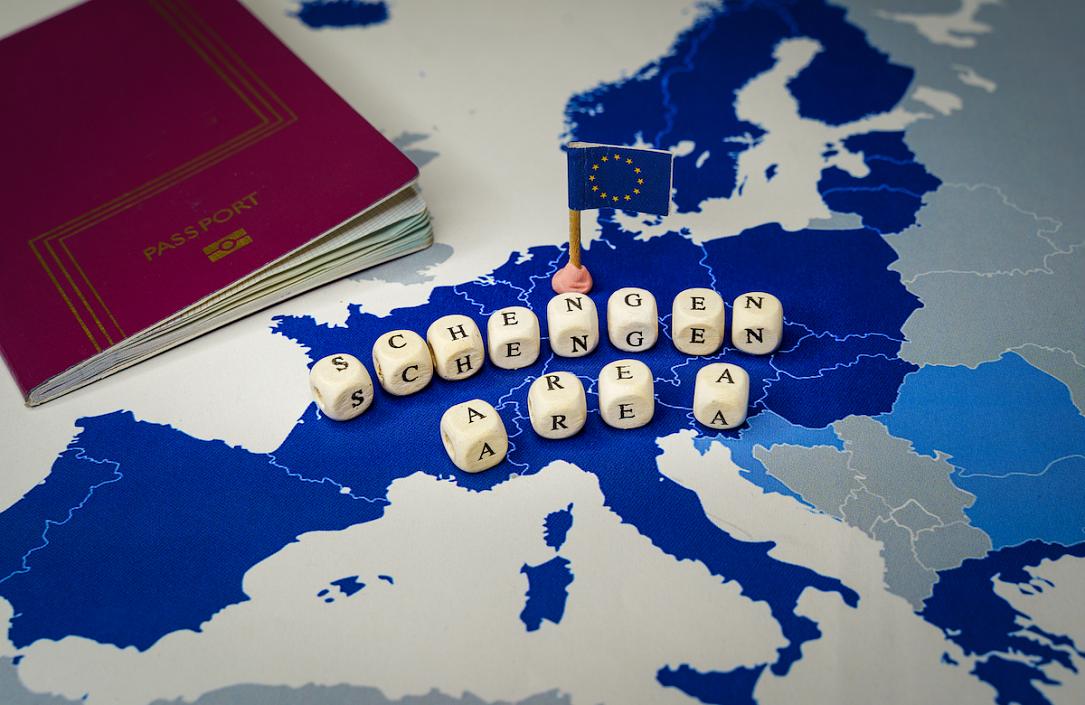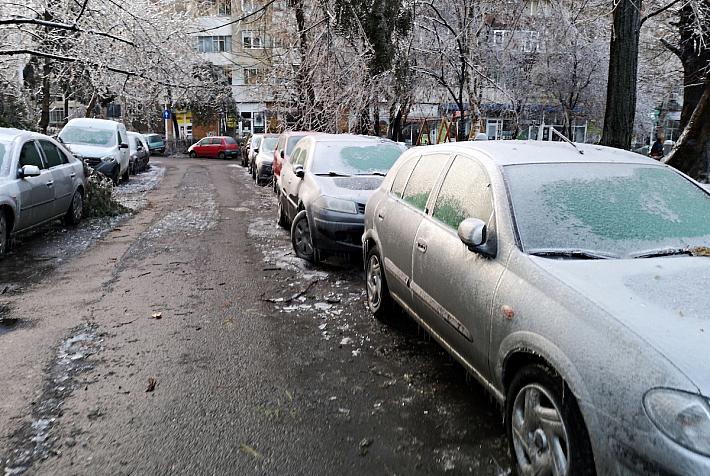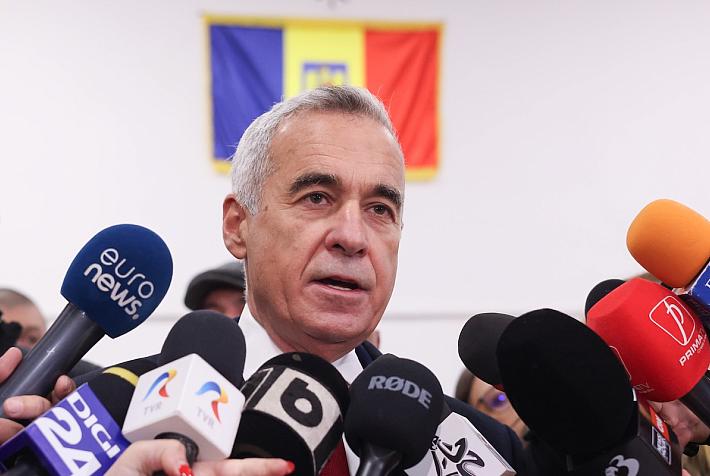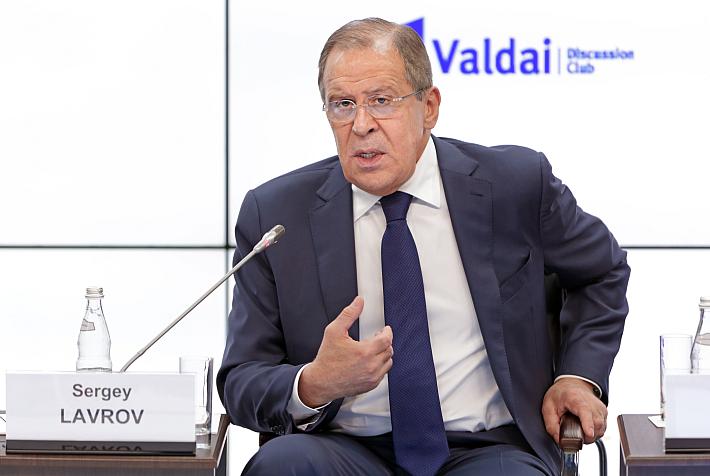Romania's Schengen accession not on the agenda of the JAI meeting

The expansion of the Schengen area is not on the agenda of the Council of Justice and Home Affairs (JAI) for Thursday and Friday, nor was it on the provisional agenda for JAI after Wednesday's meeting of the Committee of Permanent Representatives to the European Union (COREPER). Romania and Bulgaria’s accession to the zone, therefore, is left in limbo.
The EU Council agenda includes, under the section on non-legislative activities, "the general situation of the Schengen area,” meaning the functioning of the Schengen area and the future visa policy, and "the entry into operation of the consolidated Schengen Information System (SIS)", but not the accession of Romania and Bulgaria to Schengen.
Thursday's meeting is the first official JAI Council meeting since December, when Romania and Bulgaria were rejected, with only Croatia being accepted into Schengen. There was no unanimity regarding Romania and Bulgaria, although both countries met all the necessary technical conditions since 2011, as recognized by the European Commission, a fact confirmed by subsequent evaluations by European experts.
Opposition came from Austria and the Netherlands, with the latter stating that Bulgaria was not yet ready to join Schengen.
Romanian Liberal (PNL) MEP Siegfried Mureșan told Digi24 that the vote on Romania's accession to the Schengen area would take place in the JAI Council only after Austria "is convinced" to vote in favor of accession. He also said that negotiations with parties and businesses in Austria are taking place at the level of the European Parliament and the European Commission to ensure a change in position after the government in Vienna opposed Romania's and Bulgaria's accession in December.
The main topic on the agenda of the EU interior ministers today is the internal and external dimensions of migration and asylum, following the European Council meeting on February 9 devoted to this subject. Also within the "Schengen Council," interior ministers from member countries will discuss the future of visa policy.
The Swedish Presidency of the EU Council and the European Commission will inform ministers about the general situation of the Schengen area and the implementation of the priority actions defined by the Council in June 2022. There will also be an exchange of views on the implementation of interoperability, particularly regarding the start of the entry/exit system's operation. In addition, ministers will be informed about the entry into operation of the consolidated Schengen Information System (SIS), which became operational on March 7.
Another item on the interior ministers' agenda will be the current state of the internal security dialogue with Ukraine and cooperation in the field of justice and home affairs/common security and defense policy in connection with Russia's war of aggression against Ukraine. On the other hand, the European Commission will inform European interior ministers about the activities of the EU support center for internal security and border management in the Republic of Moldova.
The second day of the JAI Council, on Friday, is reserved for the justice section and includes the adoption of conclusions regarding the EU Charter of Fundamental Rights and civic space, an exchange of views on combating racism and antisemitism, an assessment of the current situation regarding judicial responses and the fight against impunity regarding crimes committed in connection with Russia's aggression against Ukraine, and a discussion about the threat posed to European societies by organized crime in the field of drug trafficking.
(Photo source: Tanaonte | Dreamstime.com)












